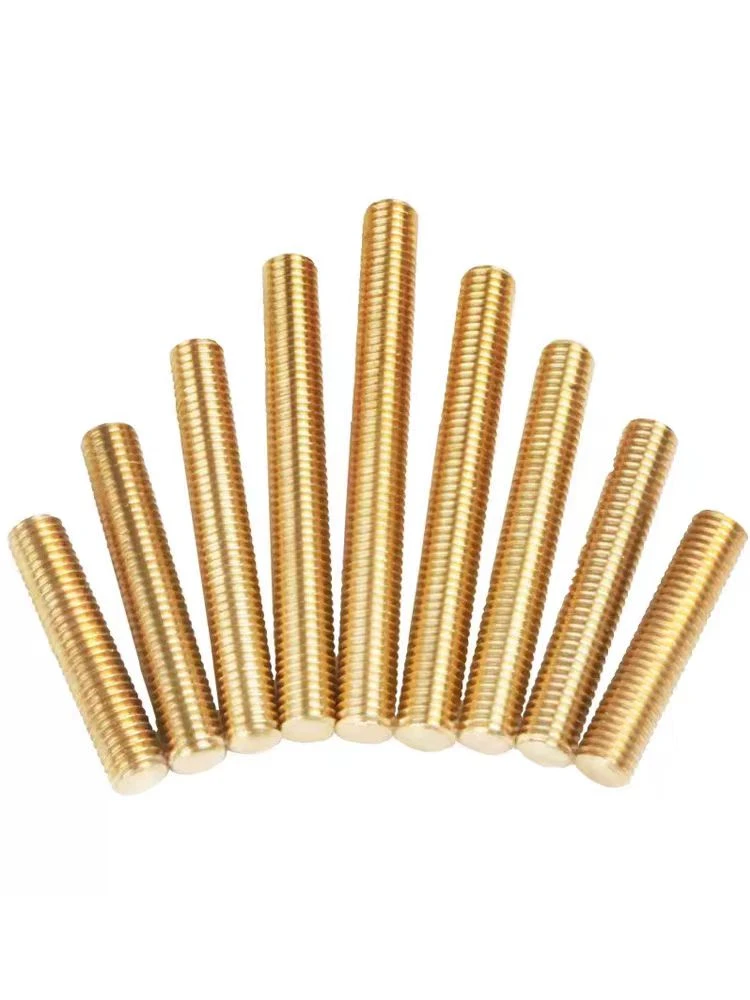

m24 flange nut specifications and applications for secure
Ноя . 21, 2024 05:30 Back to list
m24 flange nut specifications and applications for secure
Understanding M24 Flange Nut Specifications and Applications for Secure Connections
In engineering and construction, the importance of using the right fasteners cannot be overstated. Among these, the M24 flange nut stands out as a reliable option for various applications. This article delves into the specifications and applications of M24 flange nuts, emphasizing their contribution to secure connections.
What is an M24 Flange Nut?
An M24 flange nut is a hexagonal nut designed with a flange (or wing) that provides a larger surface area for load distribution. The M denotes that it conforms to metric specifications, and 24 indicates that the nut is designed to fit a 24mm bolt diameter. Flange nuts are often regarded as superior alternatives to standard nuts because of their unique features, which enhance stability and reduce the risk of loosening due to vibrations.
Specifications of M24 Flange Nuts
1. Material M24 flange nuts are commonly made from various materials, including carbon steel, stainless steel, and alloy steel. The choice of material influences the nut's strength, corrosion resistance, and overall durability. Stainless steel, for example, is ideal for outdoor or marine applications due to its resistance to rust and corrosion.
2. Grade The grade of the flange nut indicates its tensile strength. Common grades for M24 nuts include 8, 10, and 12, with Grade 8 being suitable for applications requiring high strength and durability. The grade also determines the nut's hardness and performance under load.
3. Coating Coatings such as zinc or hot-dip galvanizing are often applied to enhance the corrosion resistance of M24 flange nuts. This is especially crucial for environments exposed to moisture or chemicals, as it significantly extends the lifespan of the fastener.
4. Dimensions An M24 flange nut typically has standard dimensions that conform to ISO standards. The standard measurements for an M24 nut include a width across flats (WAF) of approximately 36mm and a height of around 22mm. It's essential to consult specific standards or manufacturers’ catalogs as variations may exist.
5. Torque Specifications Proper torque settings are critical for the secure fastening of M24 flange nuts. The recommended torque will depend on factors such as material, grade, and surface coating. Engineers often refer to tables to determine the appropriate torque values to ensure optimal clamping force without damaging the components.
m24 flange nut specifications and applications for secure

Applications of M24 Flange Nuts
M24 flange nuts are widely used across various industries due to their reliability and versatility. Here are some notable applications
1. Construction and Structural Engineering In buildings and large structures, M24 flange nuts are frequently used to secure beams, columns, and other load-bearing components. Their ability to evenly distribute loads reduces the risk of structural failure.
2. Automotive Industry Flange nuts are commonly used in automotive manufacturing for securing chassis, suspension components, and engine parts. Their superior grip and minimal risk of loosening ensure safety and performance on the road.
3. Machinery and Equipment In the manufacturing of machinery and heavy equipment, M24 flange nuts play a crucial role in assembling numerous components. They effectively absorb vibrations and maintain structural integrity, which is vital in high-performance settings.
4. Marine Applications Considering their corrosion-resistant properties, stainless steel M24 flange nuts find extensive use in marine environments where wet and salty conditions prevail. They are essential for securing deck fittings, engine mounts, and other critical components.
5. HVAC Systems M24 flange nuts are also utilized in heating, ventilation, and air conditioning (HVAC) systems for securing ductwork and equipment. Their ability to withstand vibration ensures that the systems operate efficiently and safely.
Conclusion
The M24 flange nut is a reliable fastener that significantly contributes to the safety and integrity of various structures and systems. Its specifications, including material, grade, and torque settings, ensure optimal performance under different conditions. With diverse applications ranging from construction to automotive and marine uses, the M24 flange nut proves to be an invaluable component in the world of engineering and beyond. Proper selection and application of these nuts ensure secure and lasting connections, making them a staple in modern manufacturing and construction practices.
Latest news
-
Hot Dip Galvanized Bolts-About LongZe|High Strength, Corrosion Resistance
NewsJul.30,2025
-
High-Strength Hot Dip Galvanized Bolts - Hebei Longze | Corrosion Resistance, Customization
NewsJul.30,2025
-
Hot Dip Galvanized Bolts-Hebei Longze|Corrosion Resistance&High Strength
NewsJul.30,2025
-
High-Strength Hot-Dip Galvanized Bolts-Hebei Longze|Corrosion Resistance&High Strength
NewsJul.30,2025
-
Hot Dip Galvanized Bolts-Hebei Longze|Corrosion Resistance&High Strength
NewsJul.30,2025
-
Hot Dip Galvanized Bolts - Hebei Longze | Corrosion Resistance, High Strength
NewsJul.30,2025

